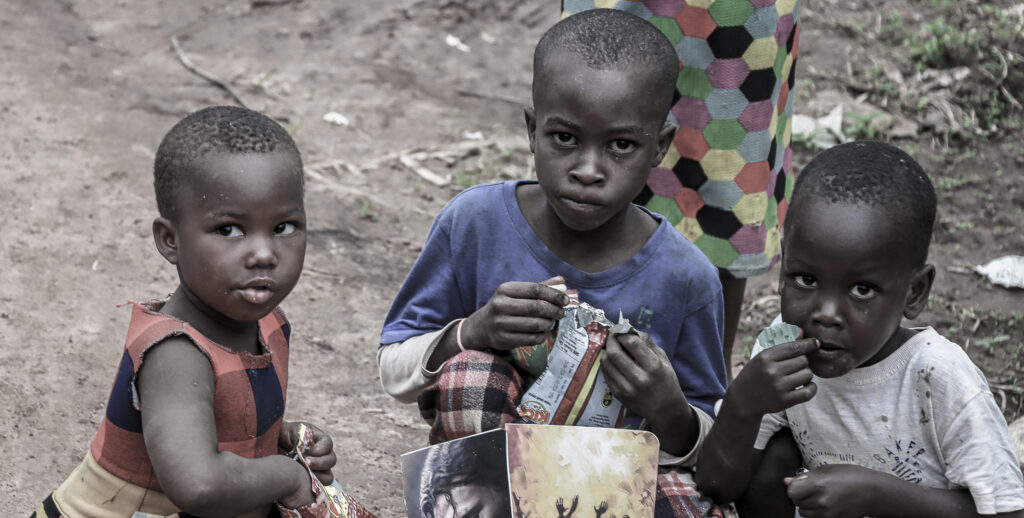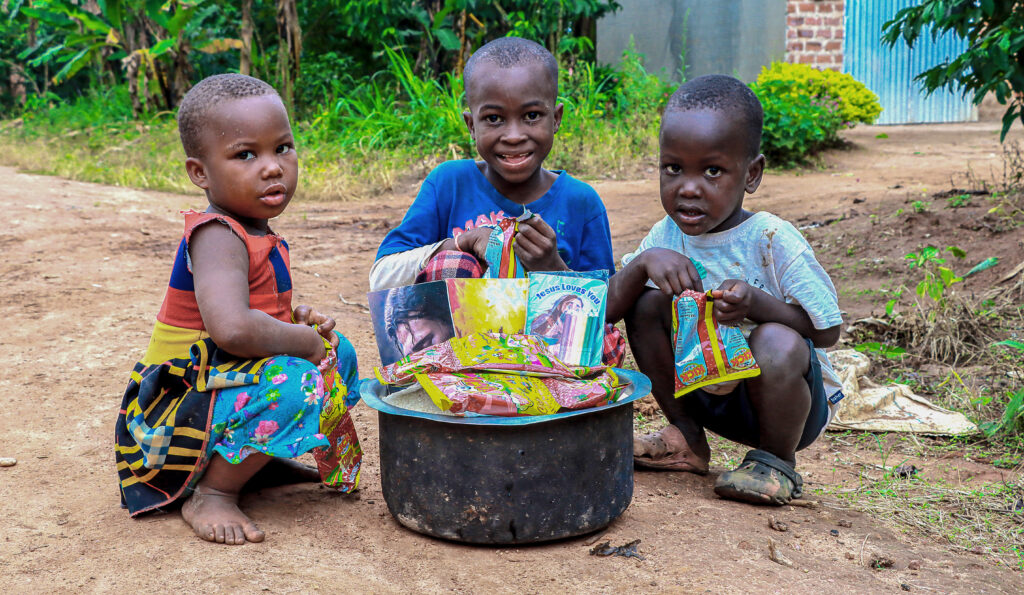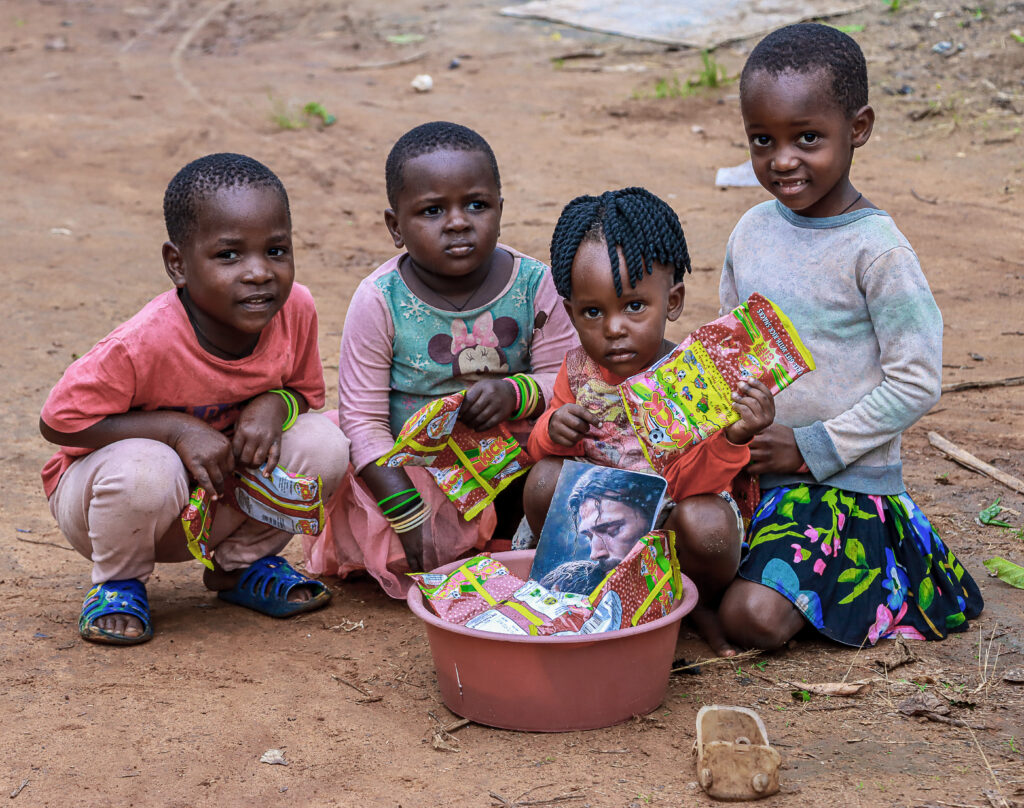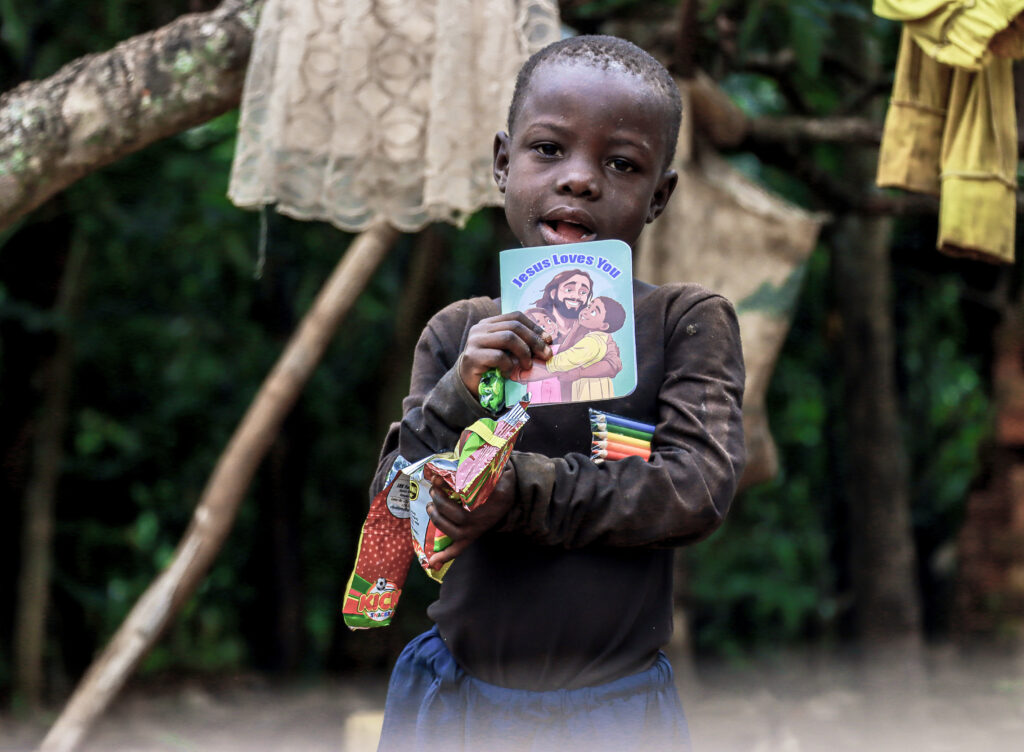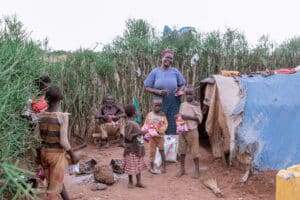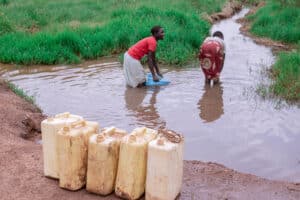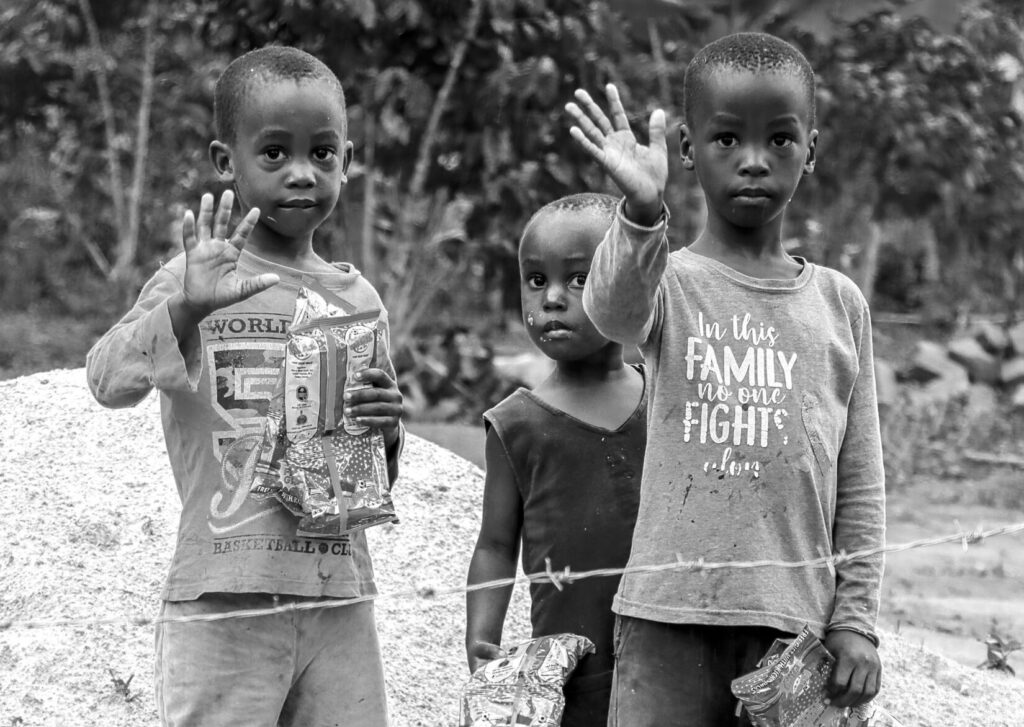
In the ongoing census exercise in Uganda, a notable portion of the population refuses to participate, expressing frustration and prioritizing their immediate needs over being counted. Many Ugandans grappling with pervasive hunger and poverty argue that their most pressing concern is securing food for themselves and their families. They question the value of a census when their daily struggle is to find enough to eat, highlighting a disconnect between government initiatives and the urgent, tangible needs of the people.
This sentiment is particularly pronounced in rural areas, where resources are scarce, and the impact of food insecurity is felt more acutely. Residents in these regions often view the census as a distraction from their real issues, feeling that being counted will do little to address their immediate challenges. Their refusal to participate is a form of silent protest that demands attention to the chronic hunger that affects their communities. They believe the government’s efforts would be better spent providing food aid and implementing sustainable agricultural programs rather than collecting data that may not translate into immediate relief.
The mistrust in the census process is compounded by past experiences where promises of development and aid following data collection have not materialized. Many Ugandans are skeptical that this time will be any different and fear that their participation in the census will not lead to tangible benefits. Instead, they see the need for immediate action to address food shortages and improve living conditions, emphasizing that their lives and well-being take precedence over statistical exercises. This resistance to the census highlights a critical gap between policy initiatives and the lived realities of Uganda’s most vulnerable populations.
